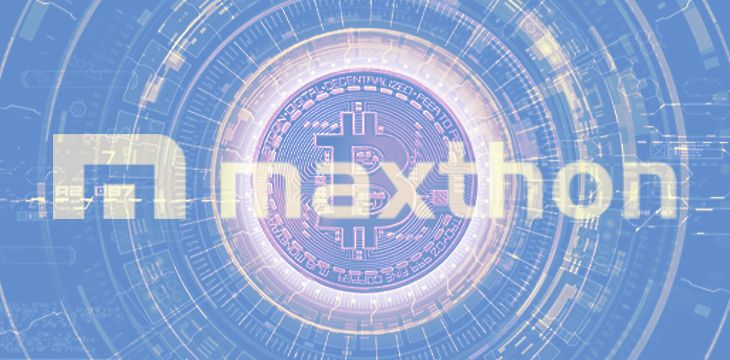|
Getting your Trinity Audio player ready...
|
The global internet infrastructure is broken and it’s time we rebuilt it on Bitcoin SV. This was Jeff Chen’s message in his presentation during the Faiā Reboot virtual conference. The Maxthon web browser founder delved into how blockchain can fix the internet, including decentralized domains, a global ID and more.
Chen has always been ahead of the curve. Fifteen years ago, he built Maxthon at a time when Microsoft’s Internet Explorer had over 90% market domination. Maxthon went on to have over 600 million users. Once again, Chen has a vision for the future of the internet, and he’s building it on Bitcoin SV.
One of the areas Chen’s company has focused on is decentralized domains. The current domain system is outdated, slow and prone to breaches. Chen has been working on NBdomain, a domain name system that gives the power back to the users. NBdomain is built on the BSV blockchain and records all the domain information on the Bitcoin blockchain.
To help users easily register their decentralized domains, Chen has built a protocol design, a testing domain and a web app.
Chen has also been working on a decentralized ID system, based on the BSV blockchain. The internet has become controlled by a few giants who control all our data, and thus our online identity. A decentralized global ID finally gives the users control over their online identity. This identity will be built on a permissionless open protocol.
Chen introduced Maxthon 6 at the Faia Reboot virtual event, describing it as the world’s first browser that’s powered by Bitcoin. Released in beta, the browser allows any website to implement the Bitcoin blockchain and make Bitcoin transactions.
Maxthon 6 implements VBox, which allows the users to easily manage their identities on the blockchain. It also allows developers to build applications that can use these distributed identities, allowing the users to integrate their online identities across different applications seamlessly.
VBox further supports a simple wallet that supports all transactions types. Users get to sign off their transactions using their distributed identity.

 02-19-2026
02-19-2026 




